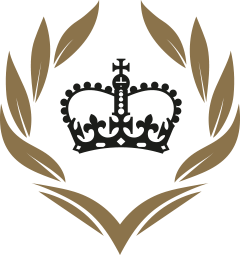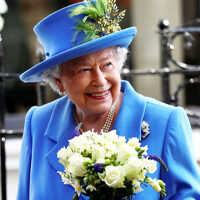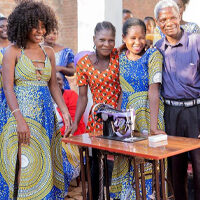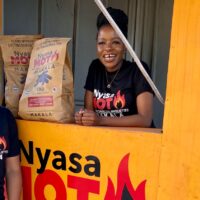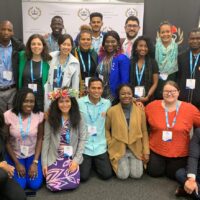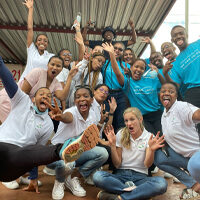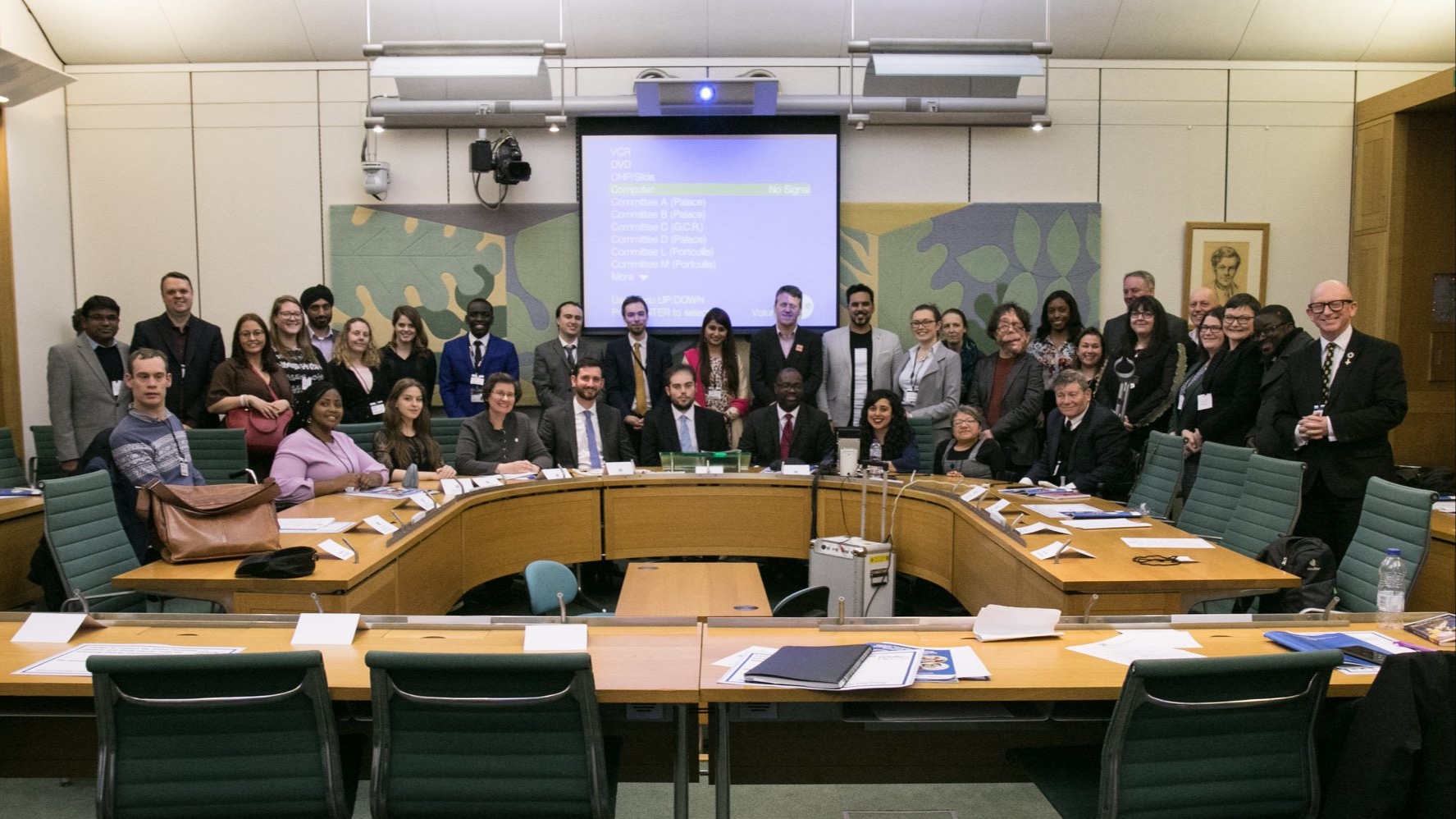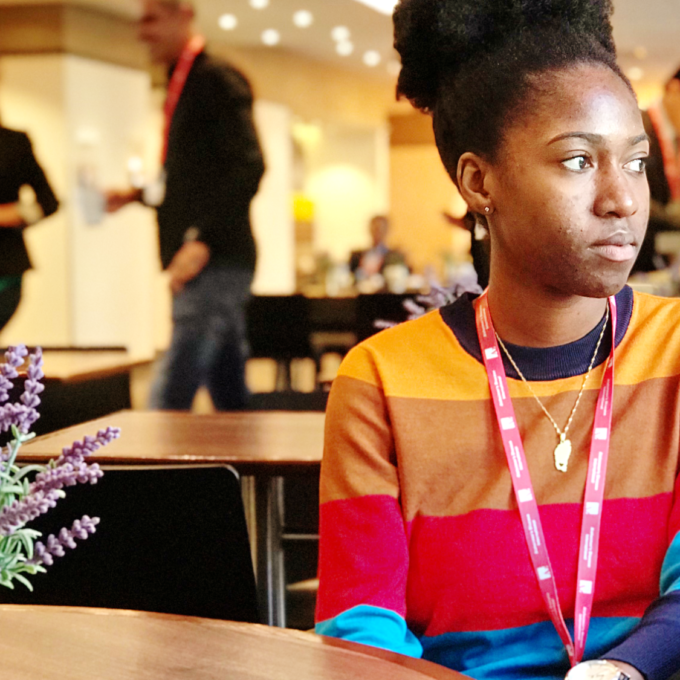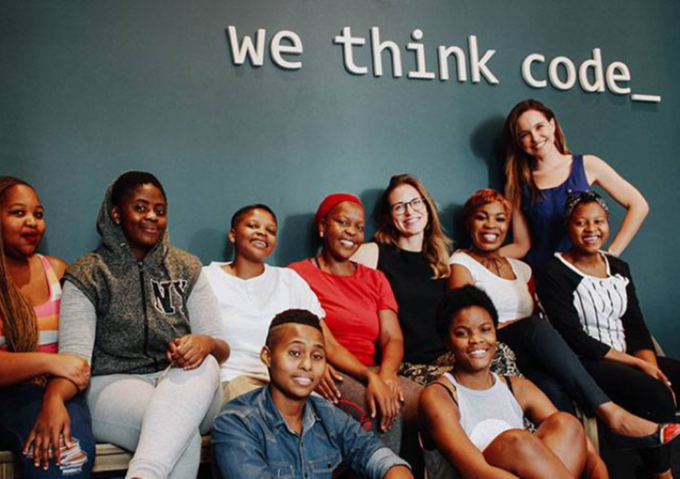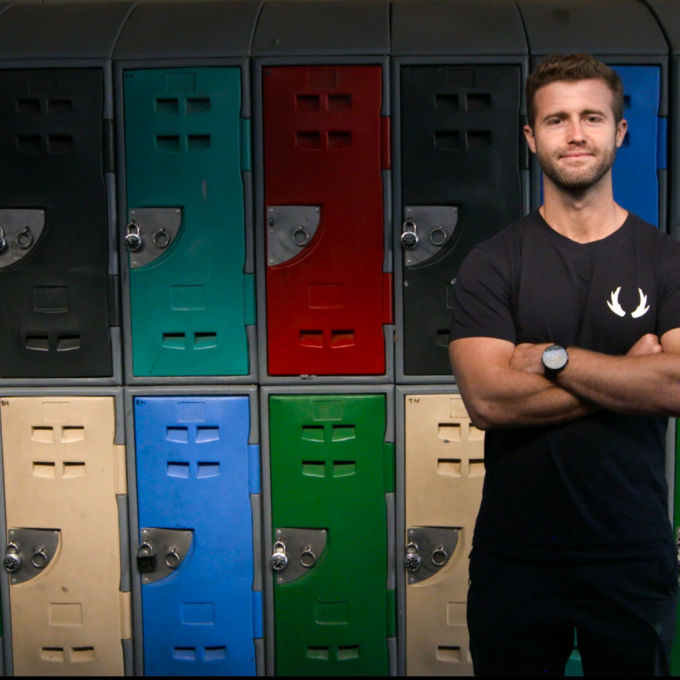At least 10% of the world’s population are living with a disability. In many parts of the world, children and young people with disabilities do not have the same access to legal rights, or societal or career opportunities as their peers living without disabilities. COVID-19 has further displaced many disabled people, resulting in a reduction of appropriate care and support during the pandemic.
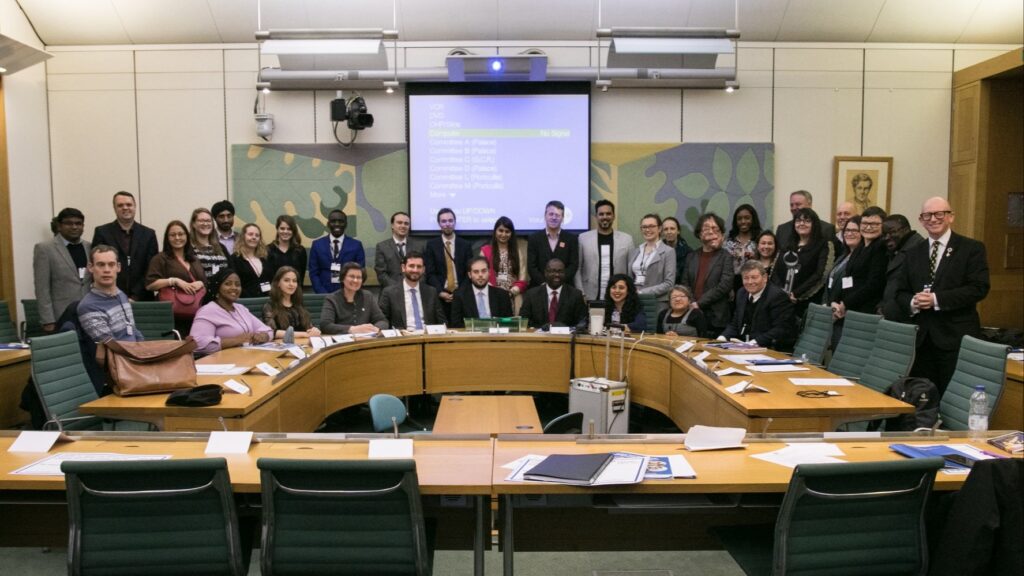
Jonathan Andrews is a disability advocate, qualified solicitor and co-Founder of the Commonwealth Children and Youth Disability Network (CCYDN). In this blog article, he shares some of his personal experiences of being on the autistic spectrum and outlines steps that can be taken to create a more inclusive world.
When I was identified as being on the autistic spectrum as a nine-year-old child, I was very quickly assured by my parents that this wasn’t a weakness, or something to be ashamed of. It meant I faced challenges in certain areas – including social interaction with those I wasn’t familiar with, and sensory differences – but it also brought about certain strengths too, such as having a very strong focus on areas of interest (often leading to me developing great knowledge in these areas) and a different way of viewing the world.
Looking back now, it’s clear being autistic hasn’t stopped me from achieving many ambitions: I attended a top university and have become a qualified solicitor. Indeed, it has rather helped in certain endeavours; my knowledge of autism has undoubtedly assisted with my years-long campaigning on opportunities for people with disabilities in the UK and pan-Commonwealth, for which I was honoured to be recognised as the UK’s fourth most influential disabled person by the Shaw Trust in 2020.
However, from my experience it is also clear that a lack of understanding around disability remains in many parts of society – and this, as opposed to the disability itself, is usually the greatest barrier.
At least 10% of the world’s population are living with a disability. With the Commonwealth’s population reaching 2.4 billion, this would indicate that at least 240 million Commonwealth citizens have disabilities. These are individuals who face significant barriers, but also have so much untapped potential. It’s therefore vital that steps are taken to tackle the lack of understanding, awareness, and opportunities for young people with disabilities across the globe in order to build a more inclusive world where nobody is left behind.
Far too often, businesses can be unaware of the advantages of hiring people with disabilities, and wrongly assume that we won’t have the skills to contribute. More widely, too, a lack of awareness and acceptance of disabilities in society remains incredibly high. This appears in many forms throughout the Commonwealth; from the overt (like a belief that autism is a mental health issue which should be ‘cured’, or evidence of possession or witchcraft and not a natural form of neurodivergence) to the more subtle (such as an assumption that people on the autistic spectrum do not want or need to socialise – true for some, but for many, it is more true that they socialise in their own way, and being misinterpreted by others then forms a barrier).
It’s for these reasons that, following the first-ever Commonwealth youth disability roundtable at the Commonwealth Heads of Governments Meeting 2018, I worked with fellow young Commonwealth changemakers to found the Commonwealth Children and Youth Disability Network (CCYDN) in 2019. Our overarching goal is to ensure children and young people with disabilities have the same access to legal rights, and the same societal, economic and political opportunities as their peers living without disabilities. Despite being less than two years old, CCYDN already has hundreds of members, with committee representatives from each Commonwealth region, and is growing each year.
Our network has allowed us to advocate on a pan-Commonwealth level as to the barriers young people with disabilities face and how best to tackle these. We have also successfully campaigned for the continued legal protection of people with disabilities in the UK during the COVID-19 pandemic. My fellow co-chair, Parmi Dheensa, and I signed an open letter to NHS England, along with many other key leaders in the UK disability sector, successfully calling for any action taken in response to COVID-19 to not infringe upon the hard-fought rights of disabled people. We also argued for the restoration of rights which had already been affected by the pandemic – such as obligations in relation to education, health and care plans for young people with special educational needs – to be restored as soon as possible. Our efforts helped ensure this was achieved by September 2020.
